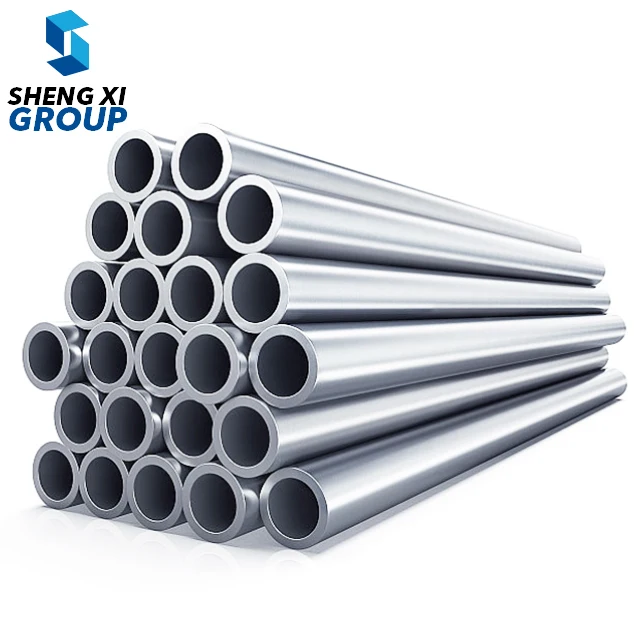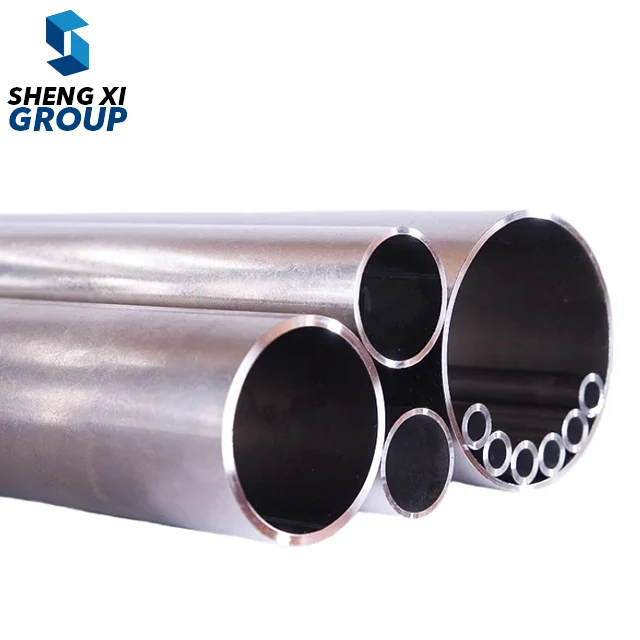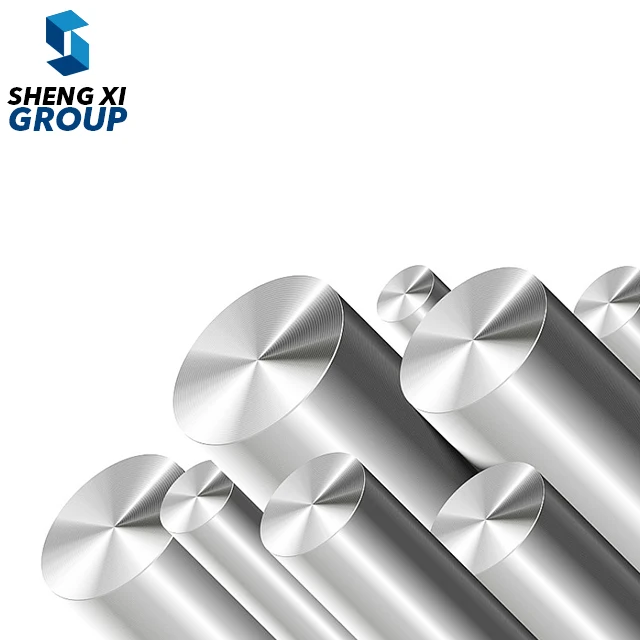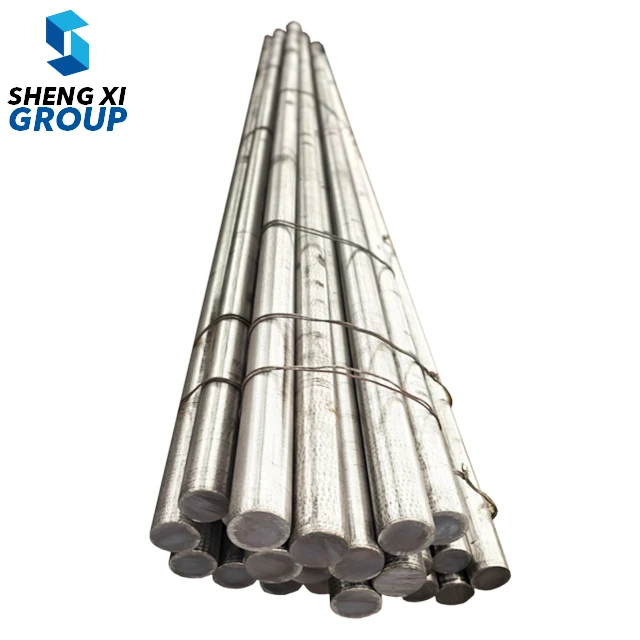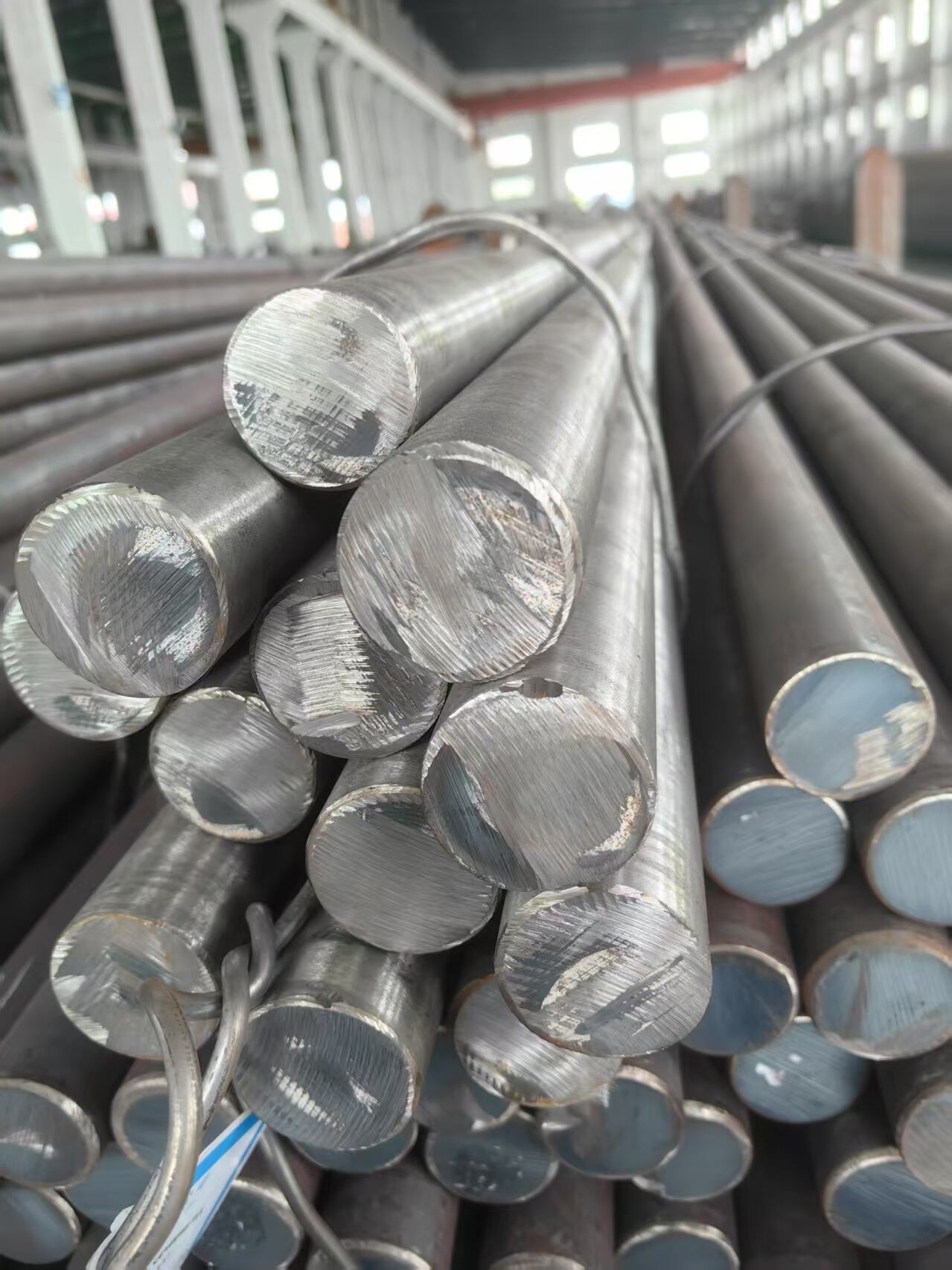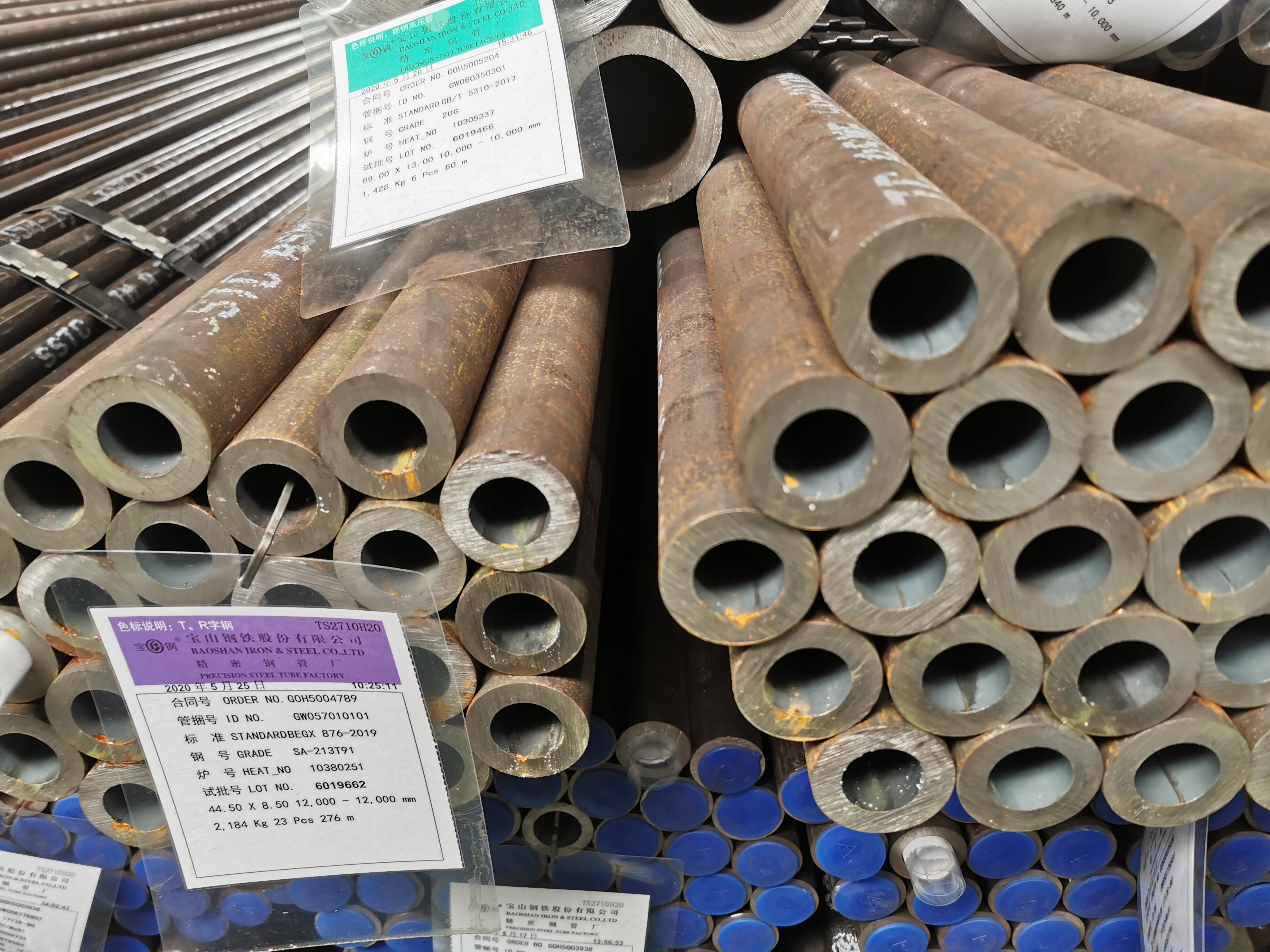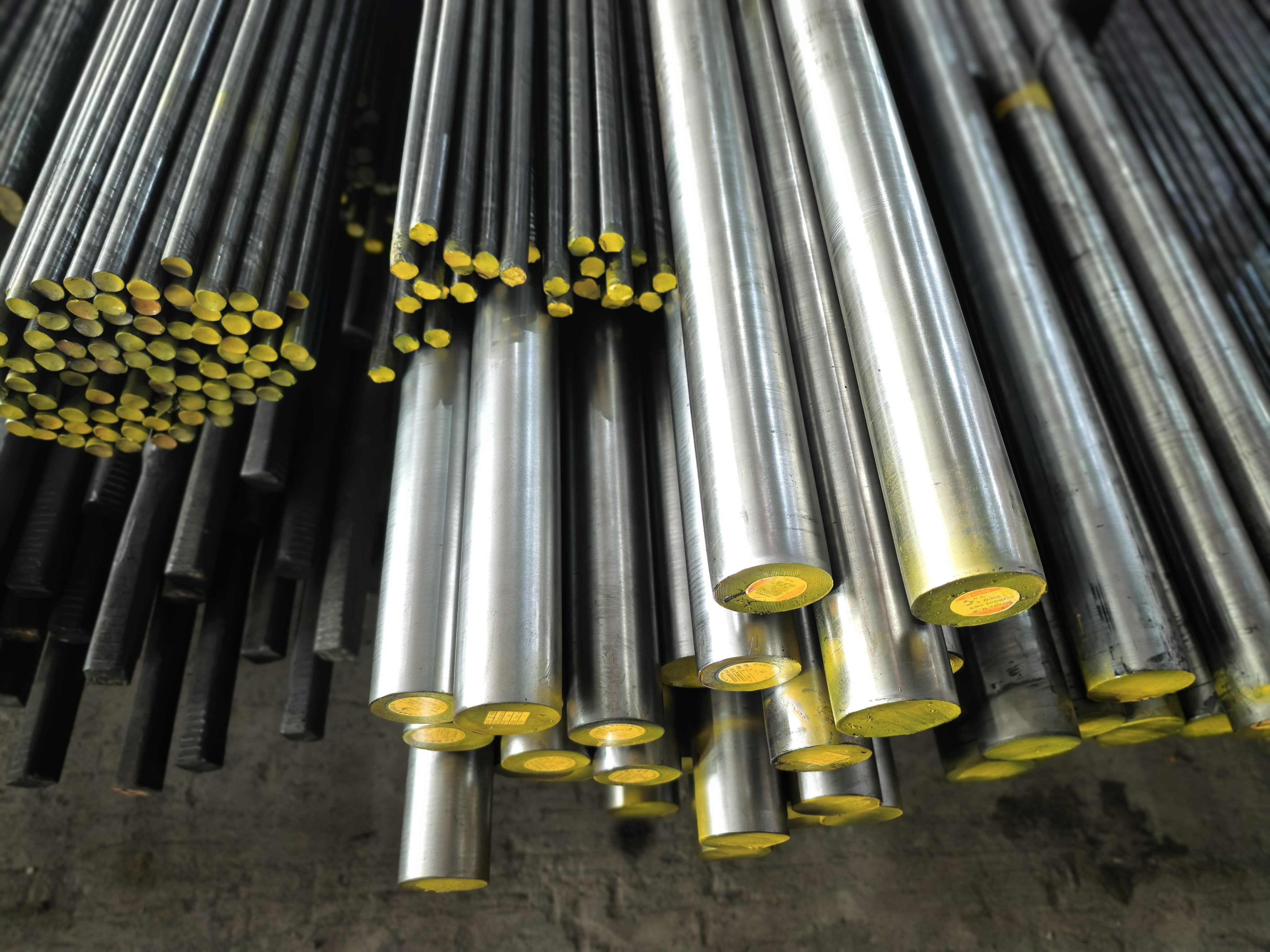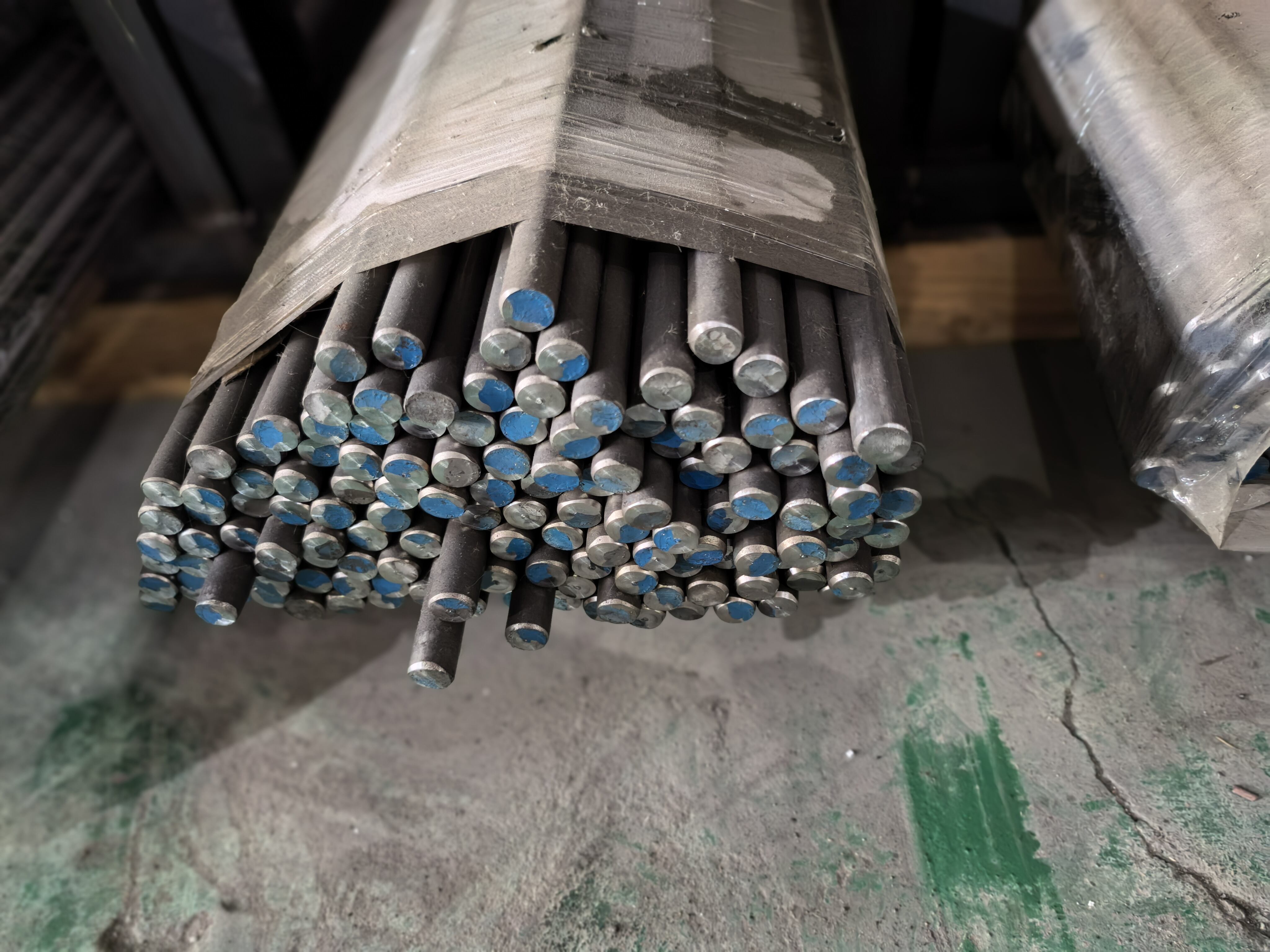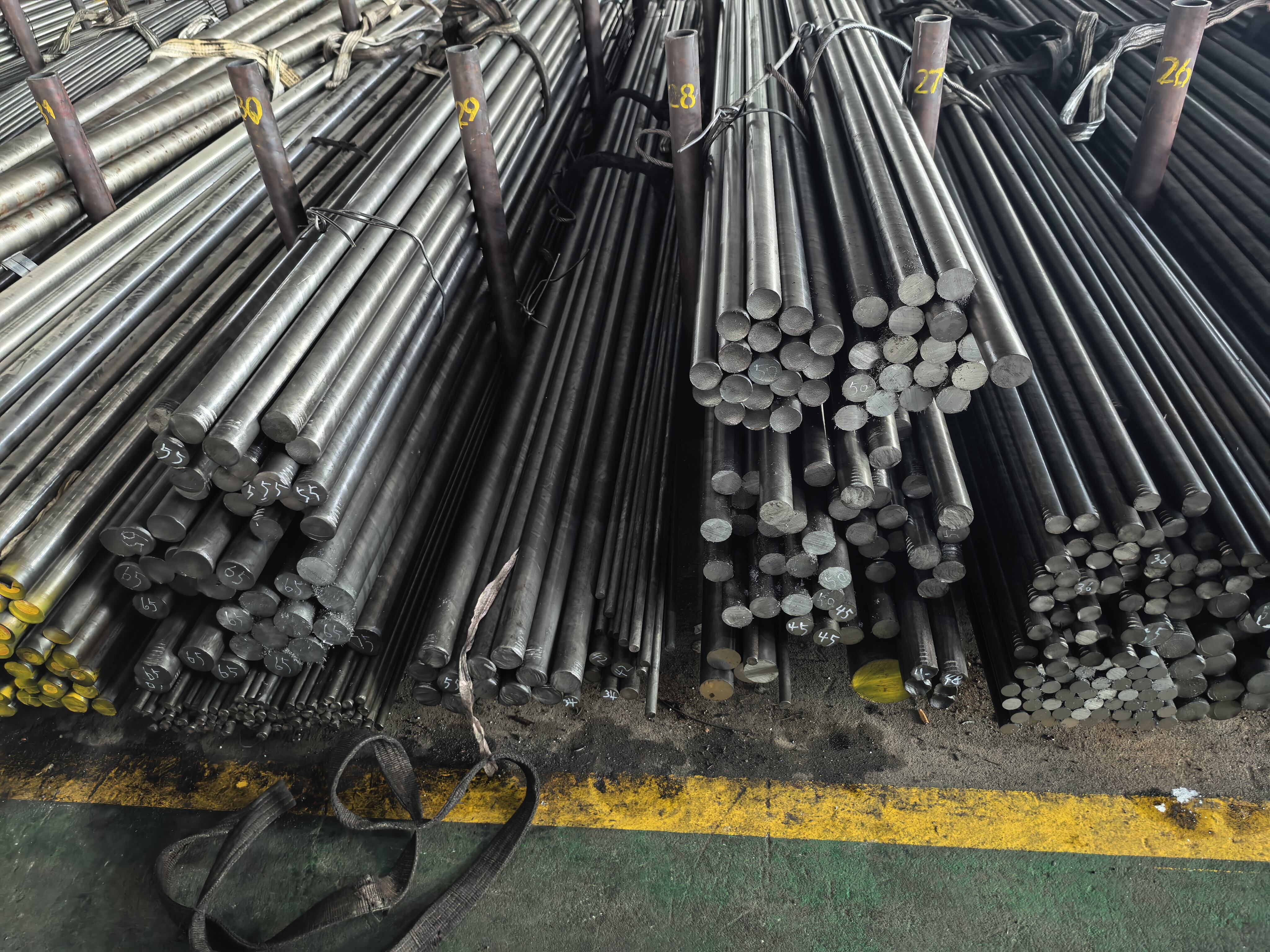high speed steel alloy
High speed steel alloy represents a revolutionary advancement in cutting tool technology, designed specifically to maintain exceptional hardness and cutting performance even at elevated temperatures. This sophisticated metallic composition combines iron with tungsten, molybdenum, vanadium, and chromium to create a material that transforms manufacturing capabilities across multiple industries. The primary function of high speed steel alloy centers on its ability to retain sharp cutting edges while operating at speeds that would cause conventional steel tools to fail completely. Manufacturing professionals rely on this advanced material because it delivers consistent performance during high-velocity machining operations where temperatures can exceed 600 degrees Celsius. The technological features of high speed steel alloy include superior wear resistance, exceptional toughness, and remarkable thermal stability that enables extended tool life under demanding conditions. These characteristics result from carefully controlled metallurgical processes that create a fine carbide distribution throughout the steel matrix. Applications span across automotive manufacturing, aerospace component production, general machining operations, and precision tooling where quality standards demand unwavering reliability. Machine shops utilize high speed steel alloy for creating drill bits, end mills, reamers, and cutting tools that must maintain dimensional accuracy throughout extended production runs. The alloy's unique composition allows manufacturers to achieve faster cutting speeds while maintaining surface finish quality, ultimately reducing production costs and improving throughput. Processing industries benefit from the material's ability to machine both ferrous and non-ferrous metals effectively, making it an versatile solution for diverse manufacturing requirements. Quality control becomes more predictable when using high speed steel alloy because tool wear patterns follow consistent, measurable trajectories rather than sudden catastrophic failures.

